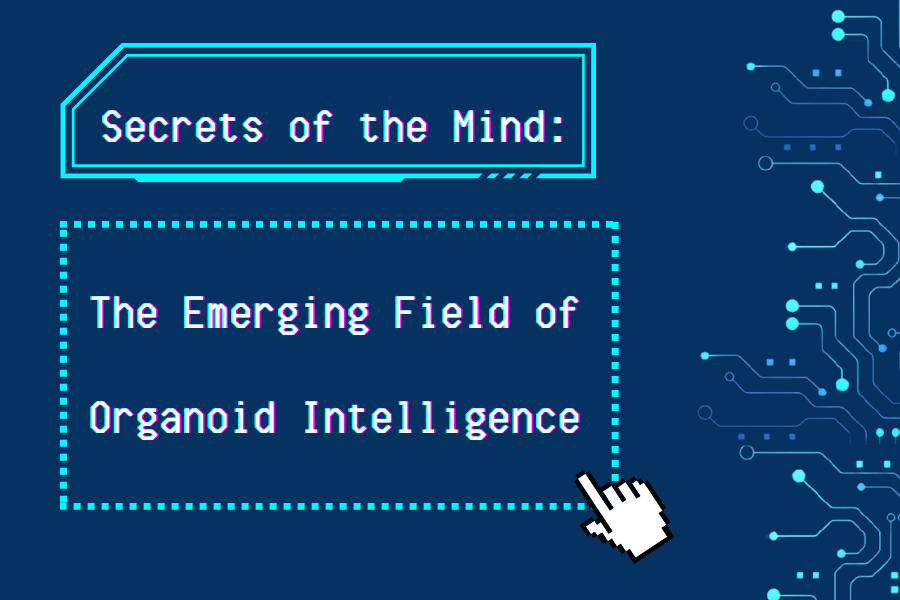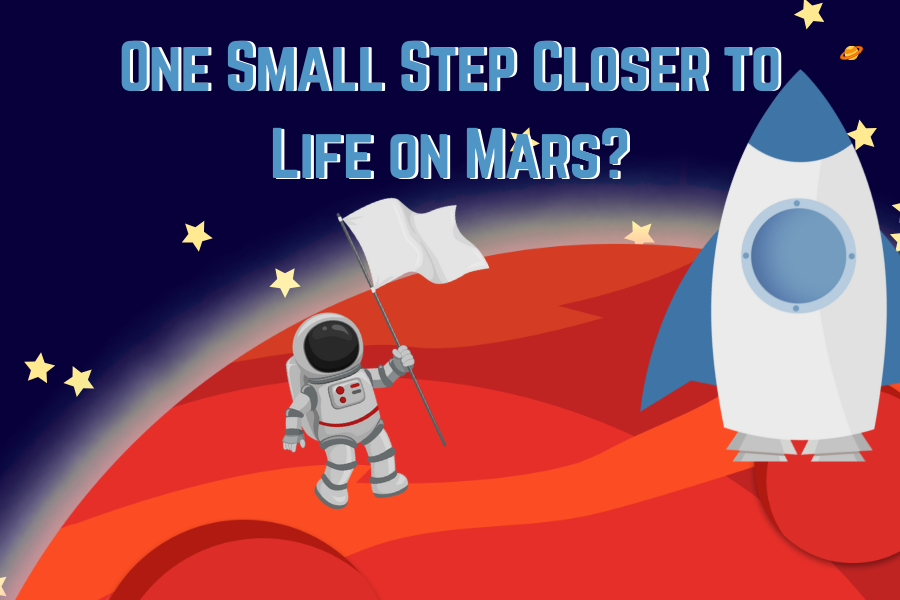Every day, we hear about new breakthroughs in artificial intelligence (AI), from devices like Amazon Alexa and ChatGPT. With just a simple voice command or text input, we can access a wealth of information, control our smart homes, schedule appointments, make purchases, and even have conversations. However, researchers at Johns Hopkins University have identified a new frontier in intelligence and biocomputing. This technology, called Organoid Intelligence (OI), provides a future where our computers could be powered by the very cells that make up our bodies. To create an organoid, the human stem cells, which are immature cells from the bone marrow of the human body, need the right conditions to self-organize into the structure of the desired organ. Stem cells can divide indefinitely, allowing them to grow, develop, and differentiate into the various cell types found in the “mini-organ”.
There are many types of organoids, but specifically brain organoids made of clumps of loosely interconnected neurons have already been used to study treatments for neurological diseases like autism, cancer, and Alzheimer’s for the past decade. Dr. Thomas Hartung, a renowned researcher at John Hopkins University, proposes comparing memory formation in organoids from healthy individuals and Alzheimer’s patients to understand deficits in the brains of Alzheimer’s patients. He also adds that Organoid Intelligence (OI) can be utilized to examine the impact of substances like pesticides on memory and learning abilities.
In addition to their medical applications, brain organoids can revolutionize intelligence beyond AI because of their ability to imitate brains.
While AI can process information much faster than human brains, it is limited to tasks presented in chronological order, where events happen one after another. Unlike AI, the human brain’s unique parallel processing ability allows us to perform multiple tasks at once. For instance, when faced with an oncoming train, we are able to perceive its color, shape, depth, and motion almost instantaneously.
Furthermore, human intelligence is advantageous when encountering unfamiliar information. Humans require significantly fewer learning sessions to grasp new concepts compared to AI. In one study, individuals were able to learn a specific task in just ten training sessions, whereas AI struggled to learn it even after ten million sessions.
Not only that, the human brain’s storage capacity far surpasses that of computers, capable of storing around 2500 Terabytes. To match the power demand to hold this much data, it would take 34 massive coal-powered plants generating 500 megawatts each. The human brain is truly more special than we thought.
Exciting progress has been made in the field of OI, where a research team in Melbourne was able to train an organoid of 800,000 brain cells to play Pong, even without being a fully developed 3D organoid. This way, we see a future where biocomputers may be able to use these organoids as “biological hardware”, harnessing the power of the human brain and replacing AI machinery. However, this does raise ethical concerns regarding whether these brain cells could potentially develop a consciousness or feel pain. Some scientists argue that consciousness requires both the brain and the body, making it unlikely for organoids to develop this type of consciousness. Nonetheless, ethical concerns remain and are only complicated by the fact that stem cells used to generate these organoids must come from a human donor.
To address ethical concerns, Hartung issued that, “a key part of our vision is to develop OI in an ethical and socially responsible manner. For this reason, we have partnered with ethicists from the very beginning to establish an ‘embedded ethics’ approach. All ethical issues will be continuously assessed by teams made up of scientists, ethicists, and the public, as the research evolves.”
It is important to keep in mind that Organoid Intelligence (OI) is still in its early stages, and significant advancements are still necessary to run a computer or gain memory capabilities close to a human brain. Nevertheless, this is still an exciting and promising field of research, holding the potential to unlock new insights into our brains and intelligence in the future.
Sources:
John Hopkins Bloomberg School of Public Health.
https://caat.jhsph.edu/programs/oi/
Forbes.
Big Think.
https://bigthink.com/hard-science/organoid-intelligence-biocomputers/
CNN.
https://www.cnn.com/2023/03/02/world/brain-computer-organoids-scn/index.html
Popular Mechanics. https://www.popularmechanics.com/science/a43101700/organoid-intelligence-computer-brain-cells/
Harvard Stem Cell Institute.
https://hsci.harvard.edu/organoids
Frontiers.











